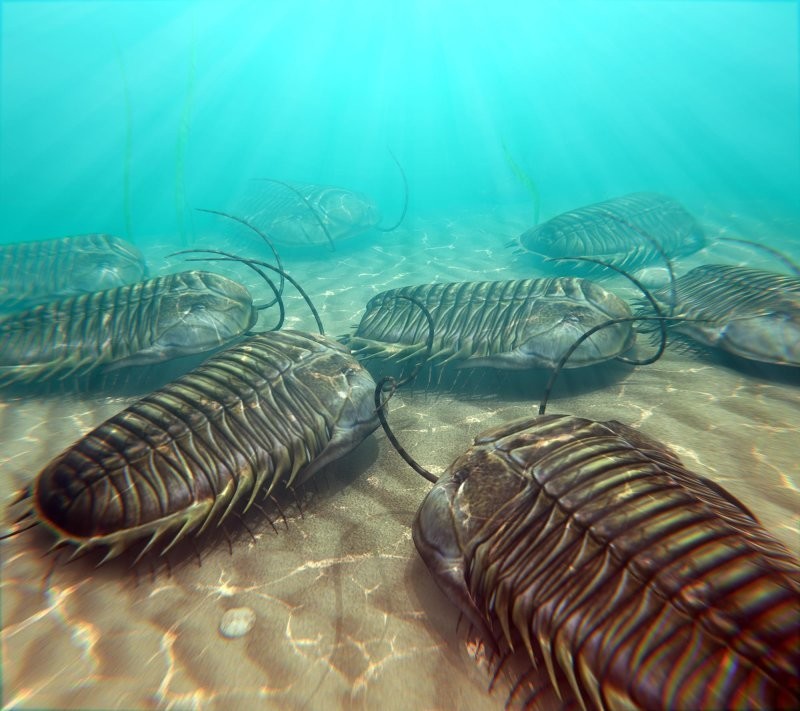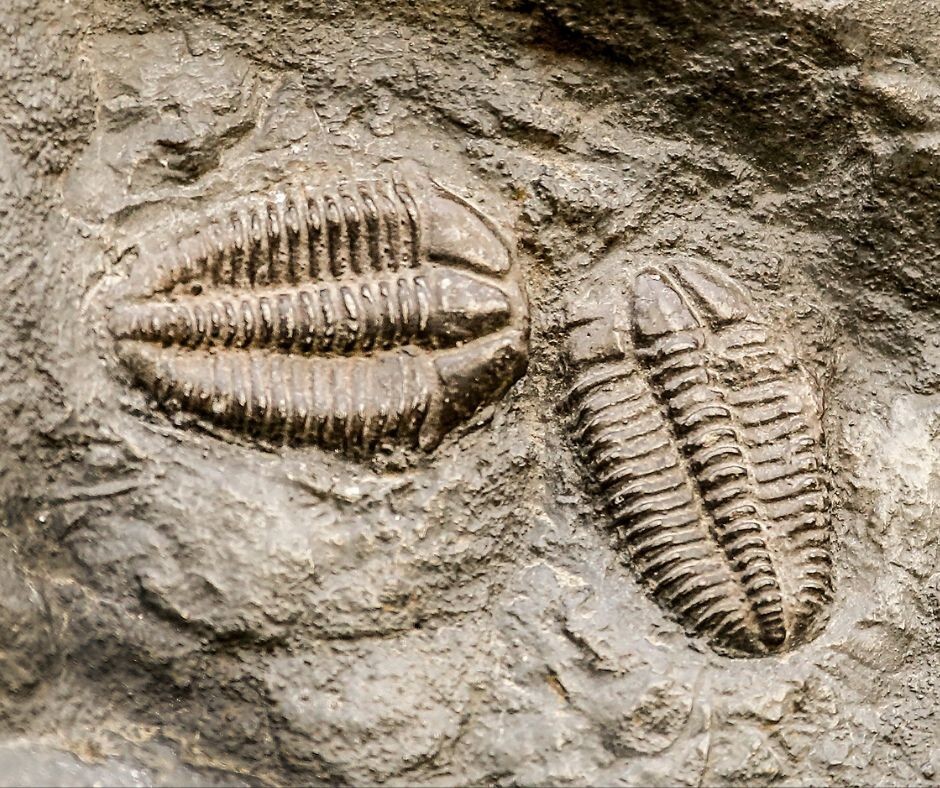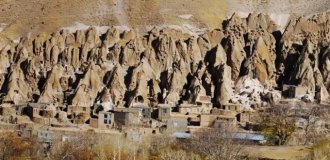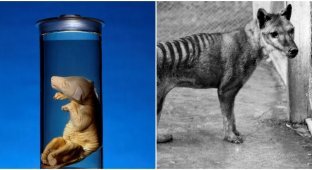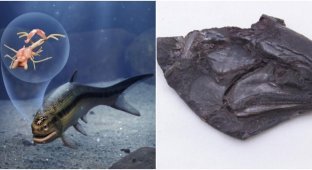Scientists have found trilobites that could reveal the history of the ancient world (6 photos)
Trilobites, ancient marine arthropods, have long been extinct. But even in the form of fossils, they can tell a lot about the history of our planet. Scientists recently discovered fossils of 10 species of trilobites that lived for 490 million years in a little-studied part of Thailand. These finds can tell us important facts about the history of the ancient world. 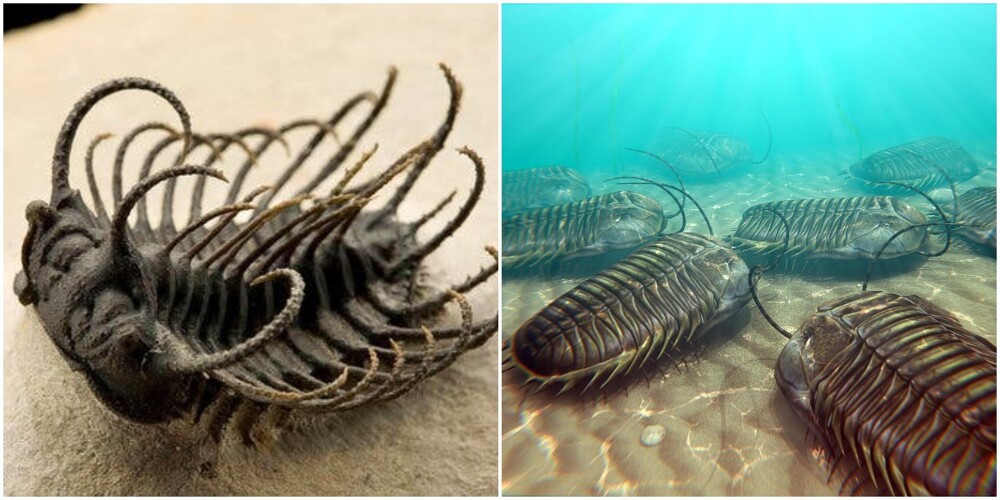
Trilobites are extinct marine arthropods with powerful shells, similar to woodlice or horseshoe crabs. They finally became extinct in the Permian period, about 250 million years ago. Scientists recently discovered trilobite fossils in the little-studied Koh Tarutao region of Thailand, and discovered 10 new species - including one named after the Thai royal princess Maha Chakri Sirindhorn. 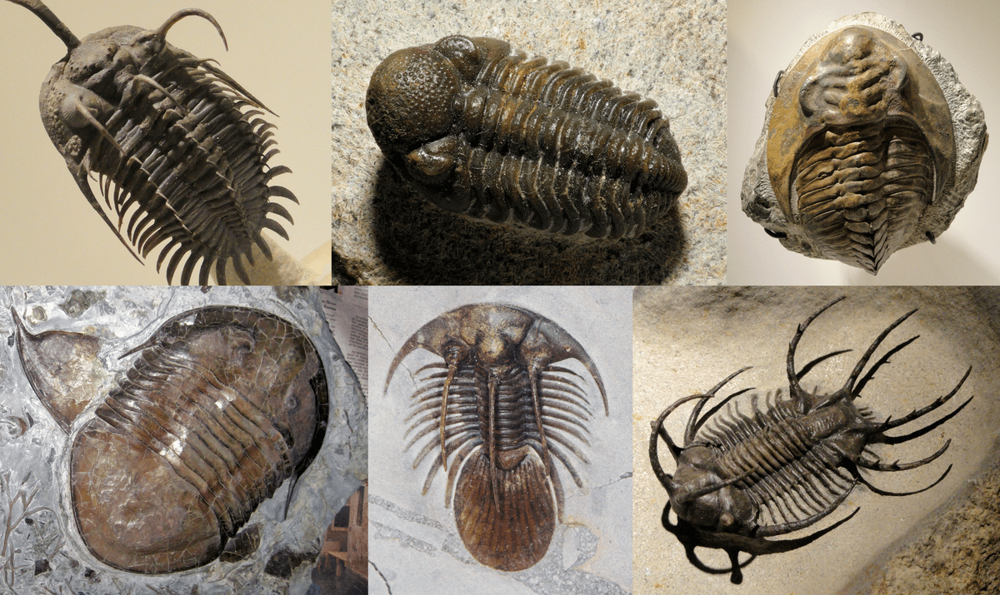
The species were found in fossilized ash that settled to the seafloor after volcanic eruptions and formed a layer called tuff. It contains crystals of zircon, a mineral formed during the eruption. Inside zircon crystals there are uranium atoms that decay into lead atoms. Having determined this, scientists decided to use radioisotope methods to date the zircon and establish the age of the volcanic eruption. 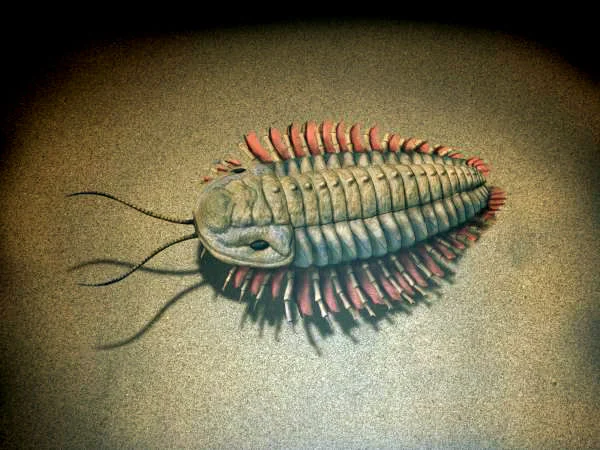
It turned out that the age of this tuff is between 497 and 485 million years. This is the Late Cambrian period - an era in the history of the Earth that is rather poorly understood. This is why the finds are so important: they can provide greater insight into ancient life during this period. In addition, scientists discovered 12 more species of trilobites that had already been found in other parts of the world, but had never before been seen in Thailand. The researchers say this inspired them to further explore Thailand's place on the ancient supercontinent Gondwanaland. 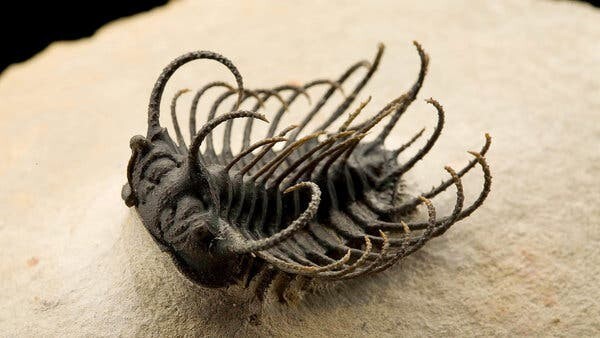
Researchers believe that the discovered fossils contain invaluable information for modern times:
“The tuffs will allow us not only to determine the age of the fossils found in Thailand, but also to better study the history of other regions: China, Australia and even North America, where similar fossils were found in rocks that cannot be dated. We have a whole chronicle of evolutionary changes. The more we learn from it, the better we can cope with the challenges facing the planet today,” says geologist Shelley Wernette. 